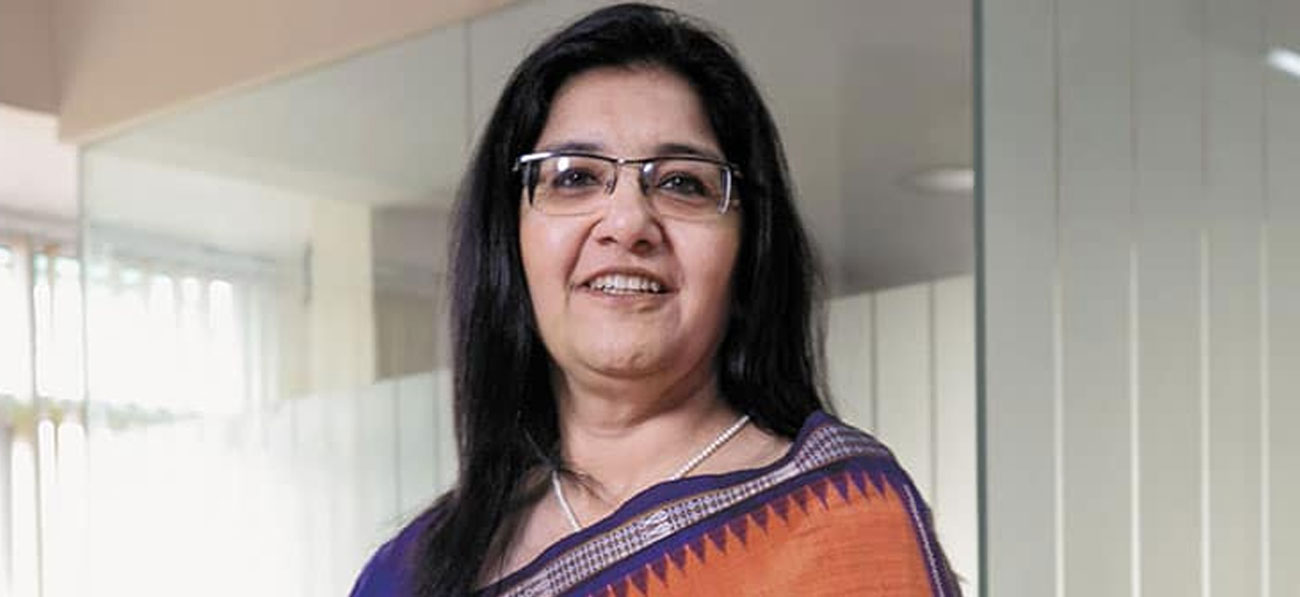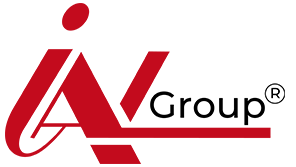
The science behind the healthtech startup must be understood well
Padmaja Ruparel, Founder, BioAngels explains Kalyani Sharma that it is not easy to invest in startups! What is important is each investor’s understanding of the domain/science. Some investors understand execution/tech enablement better and others understand the science behind certain healthtech spaces. However, what we have tried to do with Bioangels is to try and make it easier for all investors by bringing in domain experts to diligence AND explain the application of the science behind the proposition
Tell us about BioAngels?
BioAngels is a unique partnership between BIRAC, an enterprise of the Department of Biotechnology, and IAN, India’s single largest horizontal platform for seed and early-stage investing. It is focused on supporting biotech, medtech, healthtech, pharma, agritech & cleantech startups to raise their angel round from angel investors who bring deep domain expertise.
BioAngels brings money, mentoring, and market access, echoing IAN’s genetics. It aims to fuel the ecosystem through interactions with high-quality investors and industry leaders, whilst emphasising on strong operational focus, frameworks, processes, and governance. The inclusive group of ecosystem stakeholders at BioAngels comprises HNIs, angel investors, family offices, strategic investors, corporates, and VCs.
As the pandemic wanes, are VCs or investors investing less in healthcare-focused startups?
The pandemic has brought a huge focus on healthcare. It has brought focus on several aspects of healthcare:
- Staying well: wellness, fitness, nutrition
- DIY: OPD has moved home, so for small ailments, tele consultation, smart devices etc. have become the norm.
- Hospital focus: focus on IPD, protection of health workers, etc. Earlier, the focus was on patients to be protected from infections but the pandemic changed that to doctors/health workers to be protected from infection by the patient. This has added a different focus on the business of healthcare.
What are the trends driving the growth for healthtech startups?
The world has not yet seen the end of the pandemic as different variants emerge regularly. In addition, the world is seeing monkeypox. This has really seen the growth of the market for vaccines and the resultant growth in business for vaccine companies. It has also meant a constant focus on R&D to evolve new vaccines.
As Dr Devi Shetty shared, 80 per cent of hospital capacities are set to move to IPD. This would imply that the market for OPD has moved home which drives the growth for smart, easy to use and non-expensive devices for the large consumer market, consultation which can be delivered over a call/video call creating a new delivery and revenue model for doctors, the growth of small doctor clinics as OPDs of large hospitals downsize, etc. Further the pandemic has also put a sharp focus on staying well which has created a much larger market for the wellness market be it preventive medicine, fitness, alternative medicine, nutrition, precision medicine, etc.
What are the key points before investing in healthtech startups?
The science/tech behind the healthtech startup must be understood well. Hence, investors may need domain experts to diligence and then explain why the proposition would work. This is a key element which is a difficult one to ensure and hence, IAN in partnership with BIRAC, has launched BioAngels which brings domain expertise to help diligence the entrepreneurial propositions. This is one of a kind and enables investors from the non healthtech/biotech /pharma space to also invest in startups from these sectors. It is important to not overlook these sectors from an investment perspective, as these have the potential to provide very high returns to investors.
The second point which is key to figure out before investing is whether the startups are going to build revenues or just focus on building a portfolio of IP. Both kinds of startups are good investment propositions but will need different kinds of diligence and gestation periods. For instance, companies building IP will not necessarily focus on revenues but as they succeed in building IP, they could become very valuable investments and the exit option for the investor would largely be enabled when the company is acquired. The founders and the team of IP-focused companies would largely be scientists or technologists. The revenue-earning startups would have shorter gestation and should have a mix of science/tech and business team members. Today we are seeing startups in precision medicine: this is very interesting as this brings in the convergence of science, data analytics, and business. Precision medicine will be widely used as it can help both preventive and curative medicine.
The third point which is important is to figure out whether the startup is focused on curative or preventive medicine. Curative medicine will be a much more “need” based proposition than “preventive”, though the latter could potentially have a much larger market but may need a change in consumer behaviour.
And finally, the most important diligence points are whether:
- Is the target accessible market size large enough?
- An understanding of the competition
- What’s the delivery model of the company
- And do the founders understand the customer need, and the science and can scale the team and company?
Is it tough or easier for you to invest in healthtech startups as compare to others sector based startups? Is healthtech profitable for you to invest?
It is not easy to invest in startups! What is important is each investor’s understanding of the domain/science. Some investors understand execution/tech enablement better and others understand the science behind certain healthtech spaces. However, what we have tried to do with Bioangels is to try and make it easier for all investors by bringing in domain experts to diligence AND explain the application of the science behind the proposition. It is a unique model which has been architected for investors to explore investing in high-risk but high-reward propositions.
Yes, for us, this sector has been profitable.
Name a few healthtech startups you invested in so far?
Some of the companies we have invested are: NOCCARC, Pandorum Technologies, Truemeds, Ahammune, Nayam, Consure Medical, Transcell Biologics, Mimyk, Cora Health, Yostra Labs, Vitas Pharma, Agatsa etc.
